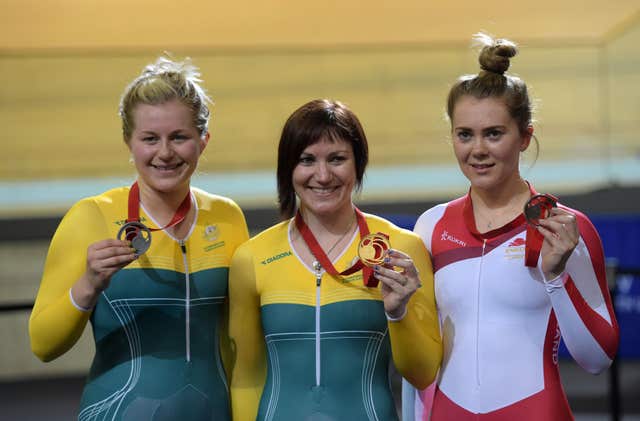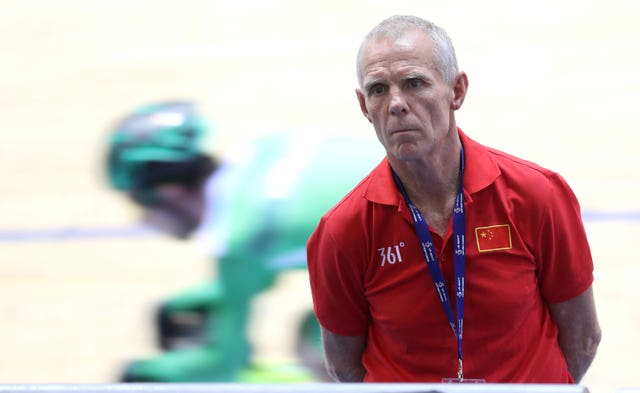Jess Varnish’s appeal against an employment tribunal ruling has been dismissed.
The 29-year-old lost her initial employment case against British Cycling in January 2019, which ruled that the relationship between athlete and governing body was more akin to a student receiving a grant than an employer/employee arrangement.
She won the right to an appeal in December last year, and her appeal was heard in May, but Mr Justice Choudhury has ruled that the initial tribunal’s decision was correct.

The written judgement stated: “The tribunal was entitled to conclude, based on an evaluative judgment taking account of all relevant factors, that the claimant was not an employee or a worker.
“The tribunal had not erred in its approach to the assessment of employee status and nor had it reached conclusions that no reasonable tribunal, properly directed, could have reached.”
Former European track champion Varnish was dropped from the team shortly after she and Katy Marchant narrowly failed to qualify for the 2016 Rio Olympics in the team sprint.
Both criticised their coaches after their final race for mistakes made during qualification but only Varnish was let go, with British Cycling saying it was for performance reasons.

But soon after her exit was confirmed, Varnish claimed she had been told “to go and have a baby” by British Cycling’s former technical director Shane Sutton.
Varnish’s appeal contained three main arguments – that the original tribunal was wrong in finding that there was no “mutuality of obligation” between her and British Cycling, that it was wrong in concluding that she was not a worker under section 230 (3)(b) of the 1996 Employment Rights Act and that the tribunal was irrational in certain findings of fact.
The appeals panel found that the original tribunal did not err in reaching the conclusion that Varnish was not an employee.
The original tribunal had found that Varnish’s inability to negotiate terms was inconsistent with there being a contract of employment.
The appeal panel said this finding “appears surprising” but added: “Even if the tribunal was incorrect in this regard, the inability to negotiate terms was but one factor out of many that it took into account and was far from being determinative.
“That factor was not so significant as to distort the overall picture which the tribunal formed having regard to all the relevant factors.”

The appeal also said the original tribunal was “certainly not irrational” in finding that membership of British Cycling pointed away from someone being deemed an employee.
“It is our judgment that none of the grounds of appeal succeeds and the appeal is dismissed,” the written judgment concluded.
A witness statement from former British Cycling doctor Richard Freeman, which was referenced in November last year at his own fitness-to-practise medical tribunal, alleged Sutton had asked Freeman to write a medical report justifying the decision to leave Varnish out of the 2016 Olympic programme. Freeman’s statement said that he refused to do so.
British Cycling issued a statement on Tuesday morning reiterating its view that its relationship with riders is not one of employer-employee and that it “regretted” that she was advised to pursue the route of an employment tribunal “when other avenues were open to her”.
It added: “Because of our responsibility to represent the best interests of every rider who hopes to compete at an Olympics or Paralympics, that decision meant we had no option but to oppose her case.
“Since Jess raised her concerns about the Great Britain Cycling Team in 2016, we have implemented significant changes to the culture and processes of our high-performance programme. Four years on, and while we are always seeking to improve, we are happy to say that the well-being of staff and riders in our high-performance programme continues to be our highest priority.”




Comments: Our rules
We want our comments to be a lively and valuable part of our community - a place where readers can debate and engage with the most important local issues. The ability to comment on our stories is a privilege, not a right, however, and that privilege may be withdrawn if it is abused or misused.
Please report any comments that break our rules.
Read the rules here